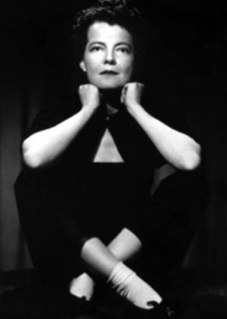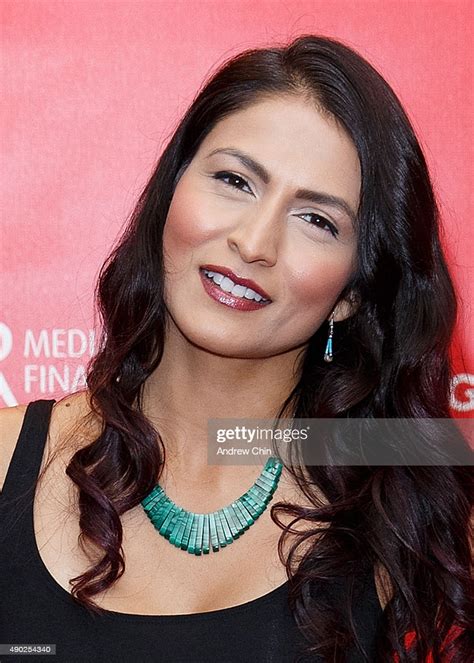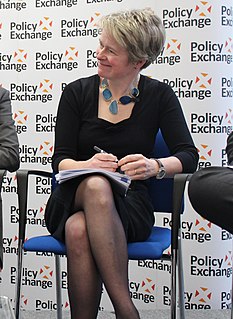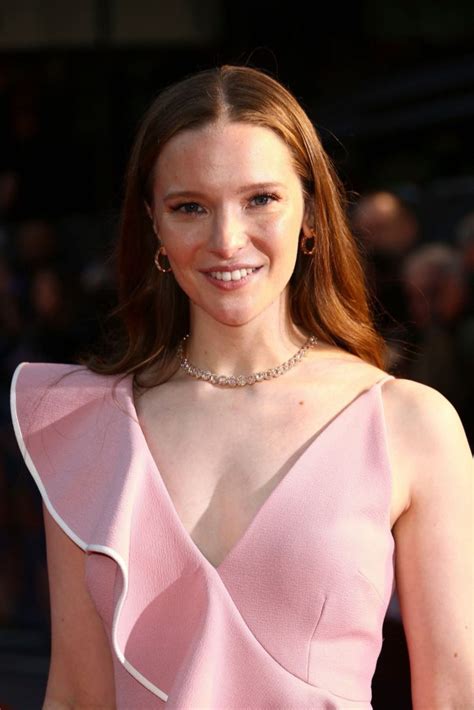A Quote by Donald Hall
In 1952, I recited aloud for the first time, booming in Oxford's Sheldonian Theatre from a bad poem that had won a prize. I was twenty-three.
Related Quotes
The Sheldonian Theatre in Oxford is an astonishing building, designed by Christopher Wren. Its painted ceiling has just been restored so that the darkish miasma that was Robert Streeter's original allegory of truth and light striking the university is now bright with playful cherubs and lustrous clouds.
As a young man I couldn't travel, nobody could travel, they wouldn't give us a passport. For many years I was trying to go abroad. And then one day I read in the newspaper about a new competition for composers, and the first prize was a trip to the West. I decided I must get the first prize, so I wrote three pieces in three different styles.
Truly fine poetry must be read aloud. A good poem does not allow itself to be read in a low voice or silently. If we can read it silently, it is not a valid poem: a poem demands pronunciation. Poetry always remembers that it was an oral art before it was a written art. It remembers that it was first song.
Finally he spoke the three simple words that no amount of bad art or bad faith can every quite cheapen. She repeated them, with exactly the same slight emphasis on the second word, as though she were the one to say them first. He had no religious belief, but it was impossible not to think of an invisible presence or witness in the room, and that these words spoken aloud were like signatures on an unseen contract.
I had published a co-edited book with Oxford a decade ago, my first book actually. Years later I found myself having lunch with Lori Stone, who was an editor at Oxford at that time. We connected at a conference and over the course of lunch she told me about a wonderful new series she had just developed called Understanding Research.
he first make-up crew had three test runs, so by the time we were shooting, they got it down to three hours. They switched make-up crews for Eclipse and they never had any test runs, and they had to figure out what the other team had done, so the first day, I was in the chair for eight hours. But, they adjusted the scar from New Moon to Eclipse. The first time, there was more pullage on my face, so I had a hard time eating. It didn't hurt, but it was uncomfortable.
Regarding R. H. Blyth: The first book in English based on the saijiki is R. H. Blyth's Haiku, published in four volumes from 1949 to 1952. After the first, background volume, the remaining three consist of a collection of Japanese haiku with translations, all organized by season, and within the seasons by traditional categories and about three hundred seasonal topics.
A successful poem says what a poet wants to say, and more, with particular finality. The remarks he makes about his poems are incidental when the poem is good, or embarrassing or absurd when it is bad and he is not permitted to say how the good poem is good, and may never know how the bad poem is bad. It is better to write about other people's poetry.
I was always far more into anything creative that called for a bit of active participation, like reading aloud in class. Then, having left school shortly after my GCSEs, I auditioned for the National Youth Theatre of Wales and the National Youth Theatre of Great Britain as well as the Welsh National Youth Opera. I ended up getting into all three.







































